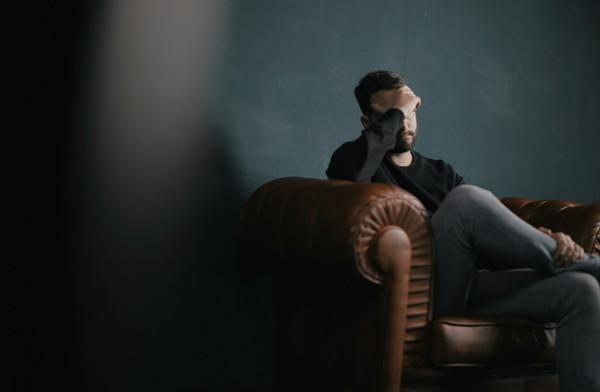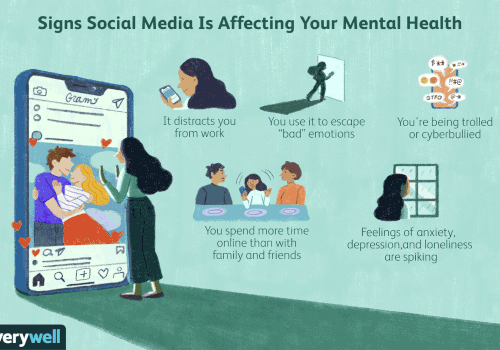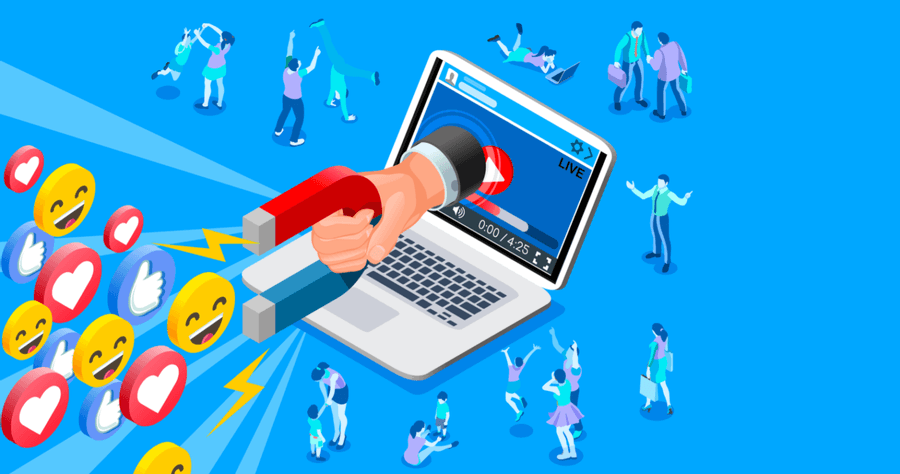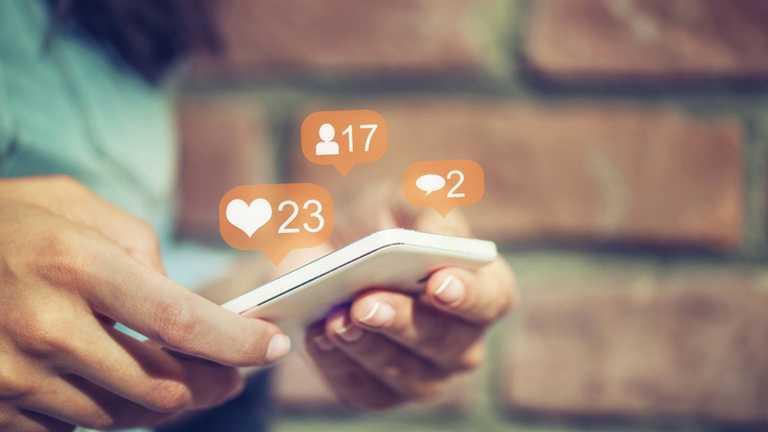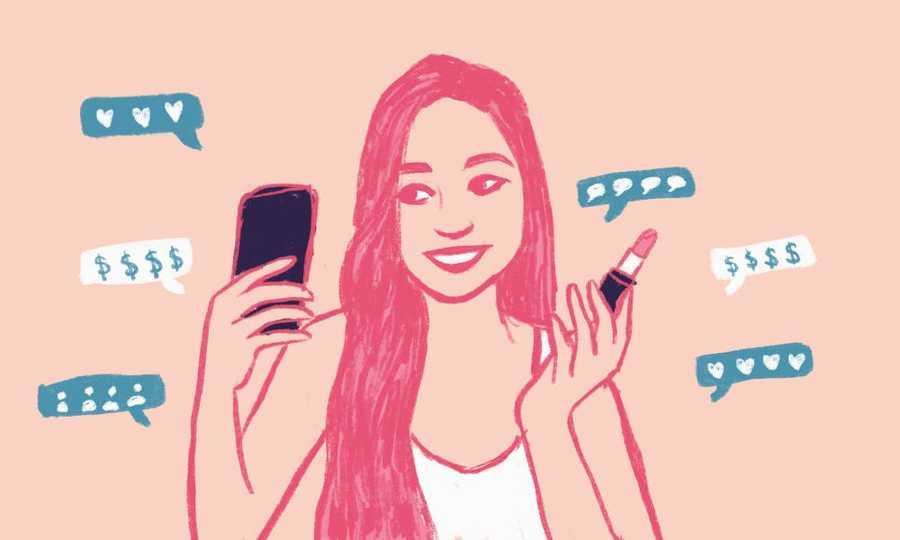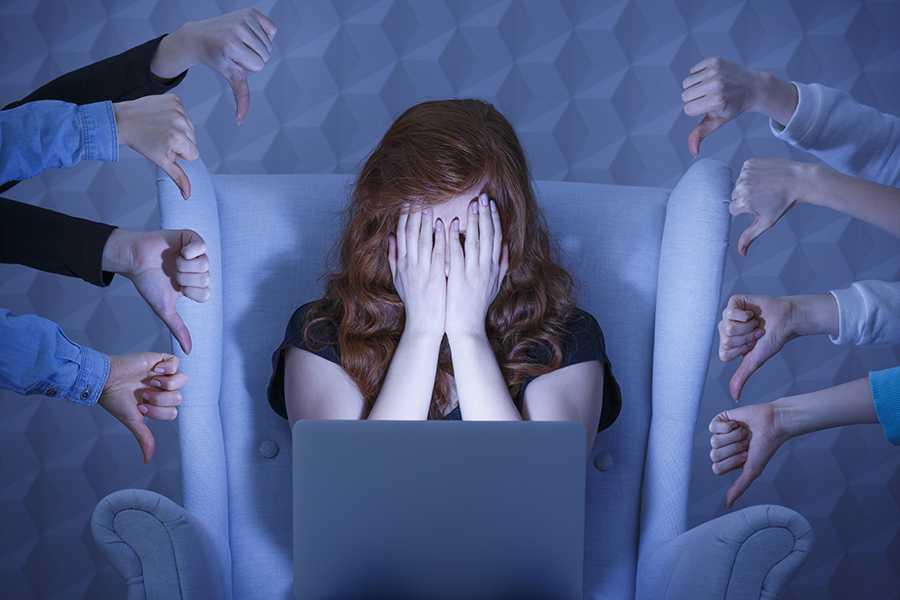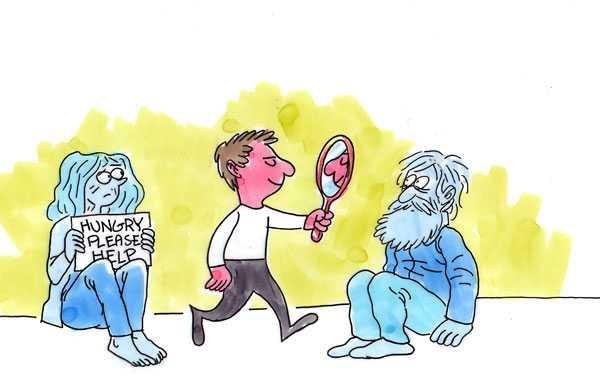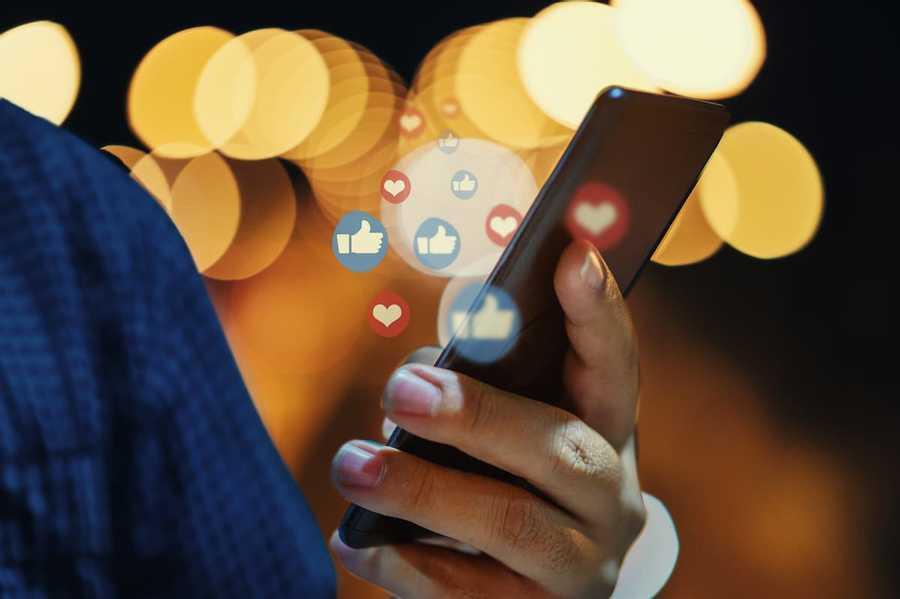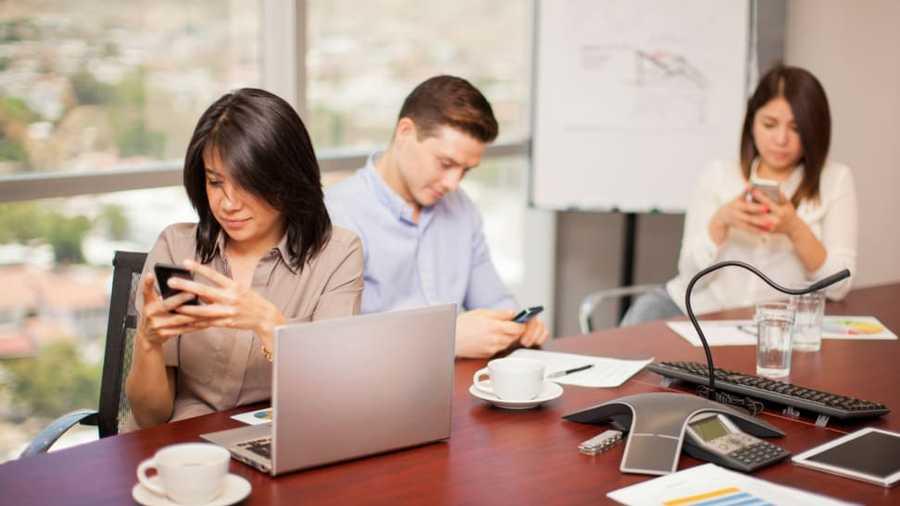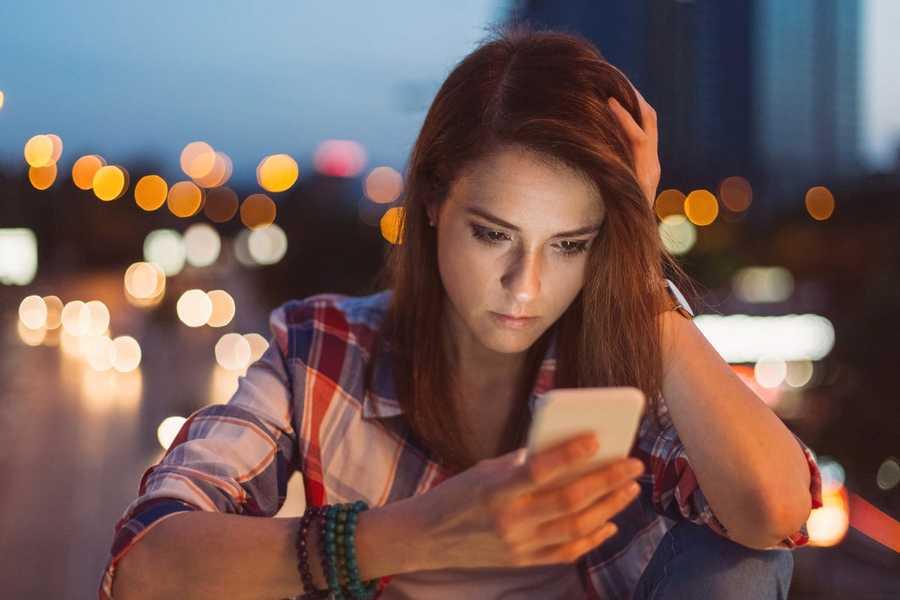How Social Media Impacts Your Mental Health
Curated from: verywellmind.com
Ideas, facts & insights covering these topics:
13 ideas
·6.24K reads
56
Explore the World's Best Ideas
Join today and uncover 100+ curated journeys from 50+ topics. Unlock access to our mobile app with extensive features.
Social media
In recent years there has been a significant increase in social media use.
Because social media use is still relatively new, there are no long-term studies documenting the effects of social media, but several recent studies indicate that social media impacts mental health in a number of ways.
Consequently, the increasing reliance on and use of social media puts a large number of people around the world at an increased risk for feeling anxious, depressed, lonely, envious, and even ill over social media use.
95
1.3K reads
Social media supports connections
Aside from the fact that social media allows people to reconnect with family and friends that live far away or that they have lost touch with, it also has become a vital communication tool during the pandemic.
In fact, people have used social media to share information and connect with people when stay at home orders have kept them from meeting in person. It also has become a vehicle for social support and connectedness that they would not otherwise have.
77
519 reads
Social media makes people feel good
Additionally, social media has tendancy to reinforce use and people quickly become hooked on checking their statuses for comments and likes as well as perusing other people's posts.
This dopamine release, in turn, keeps people coming back because they want to repeat those feel-good experiences.
78
504 reads
Social media boosts self-esteem
Social media also can boost self-esteem,especially if a person is viewed favorably online or gets a number of likes or interactions on their content.
Likewise, through social media some people are able to share parts of their identity that may be challenging to communicate in person.
And, social media can be particularly helpful for people with social anxiety who struggle to interact with people in person.
80
421 reads
How social media impacts mental health
Reasearchers are discovering that there are some downsides to social media, particularly with regard to mental health.
- Social media use may contribute to depression
- Social media may hurt your self-esteem
- The fear of missing out
- Social media can lead to self-absorption
- Impulse control issues
- Social media may be used as an unhealthy coping mechanism
If your interested in the points above then dont stop reading yet!
89
485 reads
Social media use may contribute to depression
In fact, for a technology that's supposed to bring people closer together, it can have the opposite effect especially when disagreements erupt online.
Social media has been linked to depression, anxiety, and loneliness. It can even make people feel more isolated and alone.
83
436 reads
Social media may hurt your self-esteem
Social media can cause you to experience feelings of inadequacy. about your life and your appearance.
Even if you know that the images you see online are manipulated or represent someone else's highlight reel, they can still cause feelings of insecurity, envy, and dissatisfaction.
83
415 reads
The fear of missing out
Another mental health phenomenon associated with social media is what is known as FOMO, or the "fear of missing out."
Consequently, social media sites like Facebook and Instagram seem to exacerbate the fear that you're missing something or that other people are living a better life than you are.
82
424 reads
Social media can lead to self-absorption
Social media use also can cause people to become self-absorbed. sharing endless selfies as well as your innermost thoughts on social media can create an unhealthy self-centeredness that causes you to focus on crafting your online image rather than making memories with your friends and family members in real life.
In fact, strenuous efforts to engage in impression management or get external validation can have psychological costs, especially if the approval you're seeking is never received. Ultimately, the lack of positive feedback online can lead to self-doubt and self-hatred.
89
382 reads
Impulse control issues
Excissive social media use can lead to impulse control issues, especially if you access your social networks using a smartphone.
This means that you have round-the-clock access to your accounts which not only makes it easy for you always to be connected, but it also can affect your concentration and focus. It can even disturb your sleep and make you a slave to your phone.
82
343 reads
Social media may be used as an unhealthy coping mechanism
Another major impact that social media has on your mental health is that it can become an unhealthy way of coping with uncomfortable feelings or emotions.
For instance, if you turn to social media when you're feeling down, lonely, or bored, you're potentially using social media as a way to distract you form your unpleasant feelings.
Ultimately, social media becomes a very poor way for you to self-soothe, especially because perusing social media can often make you feel worse instead of better.
85
336 reads
Social media distracts you
If you find that your social meida use is impacting your relationships or is distracting you from work or school, it may be problematic. Additionally, if scrolling through social media leaves you feeling envious, depressed, anxious, or angry, then you need to re-evaluate your use.
It could be that you need to detox from social media and spend some time offline in order to safeguard your mental health.
81
337 reads
You use social media to use negative emotions
- You have symptoms of anxiety, depression, and loneliness are increasing.
- You are spending more time on social media than with your real-world friends and family members.
- You tend to compare yourself unfavorably with others on social media or you find that are your frequently jealous of others.
- You are being trolled or cyberbullied by others online.
- You are engaging in risky behaviors or taking outrageous photos in order to gain likes
- our work obligations, family life, or school work is suffering because of the time you spend on social media.
- You have little time for self-care activities.
83
341 reads
IDEAS CURATED BY
I'm passionate about helping people live their best lives. I'm a lifestyle coach & burnout coach.
Rogier. H's ideas are part of this journey:
Learn more about mentalhealth with this collection
How to create a strong portfolio
How to network and market yourself as a designer
How to manage time and prioritize tasks
Related collections
Similar ideas
7 ideas
Social Media and Mental Health - HelpGuide.org
helpguide.org
6 ideas
How to use social media, according to a mental health expert
fastcompany.com
6 ideas
6 ways to protect your mental health from social media's dangers
theconversation.com
Read & Learn
20x Faster
without
deepstash
with
deepstash
with
deepstash
Personalized microlearning
—
100+ Learning Journeys
—
Access to 200,000+ ideas
—
Access to the mobile app
—
Unlimited idea saving
—
—
Unlimited history
—
—
Unlimited listening to ideas
—
—
Downloading & offline access
—
—
Supercharge your mind with one idea per day
Enter your email and spend 1 minute every day to learn something new.
I agree to receive email updates
